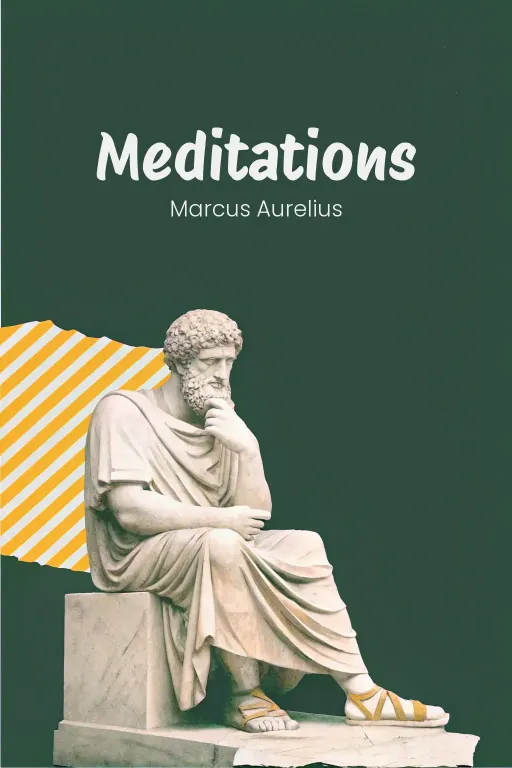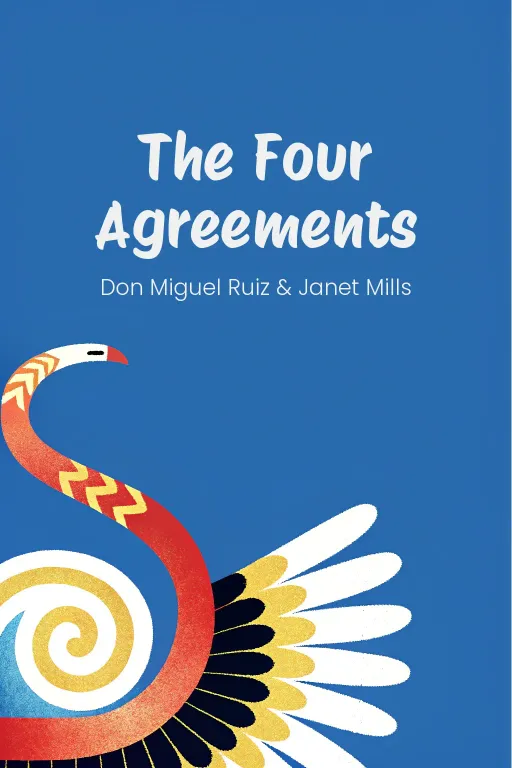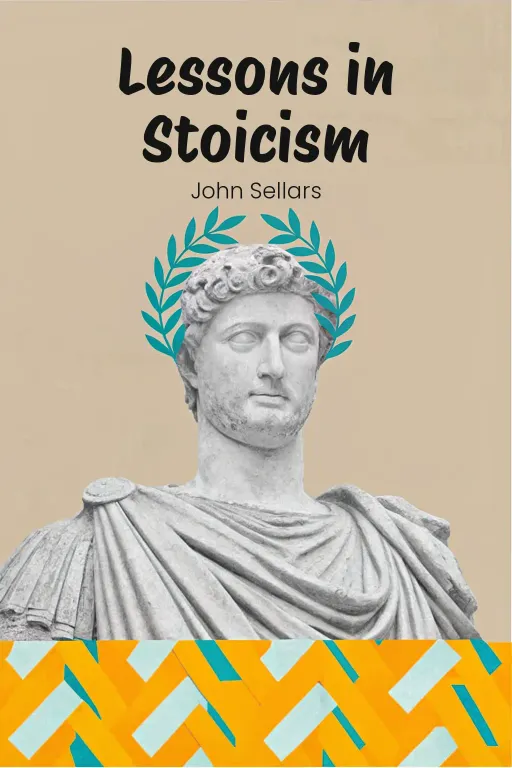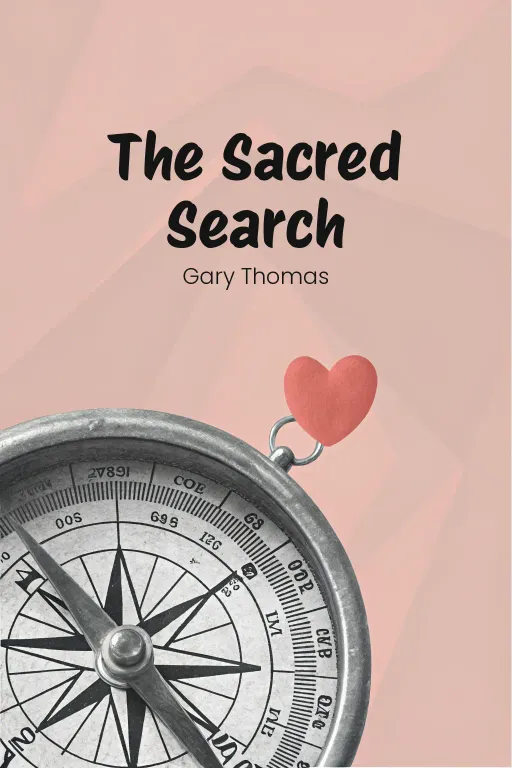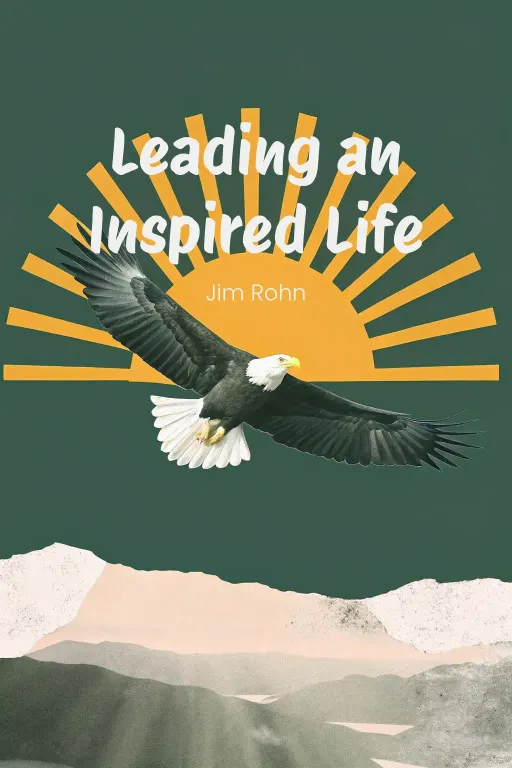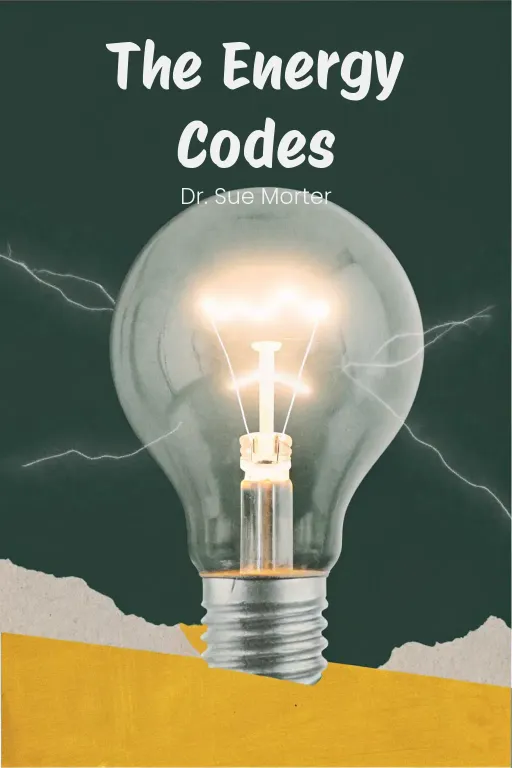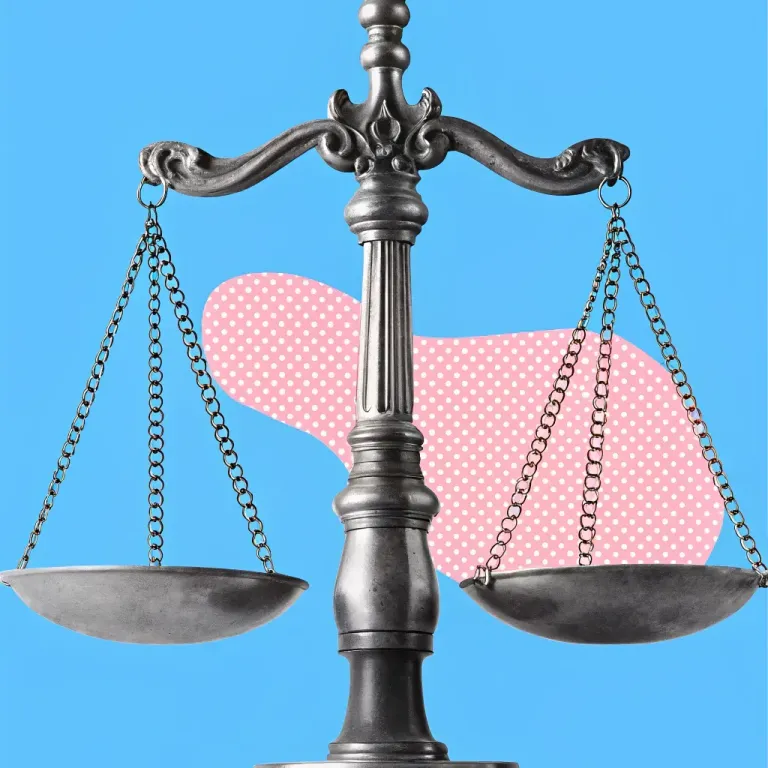
Ethical Survival Guide: Think Smarter Now!
Podcast by The Mindful Minute with Autumn and Rachel
A Very Short Introduction
Introduction
Part 1
Autumn: Hey everyone, welcome back! Today, we're diving into something super interesting, something that affects every single one of us: ethics. Have you ever stopped to think about why we even bother arguing about what's "right" and "wrong"? Rachel: Right, Autumn? I mean, why do we even care? Is it just societal pressure, or is there something deeper going on? And why is it that some moral arguments feel as consequential and grounded as human rights, while others feel like a completely subjective debate, like…pineapple on pizza? Autumn: Precisely! To navigate this complex world of moral reasoning, we're turning to Simon Blackburn's “Ethics: A Very Short Introduction”. This book is a fantastic guide, really getting to the heart of ethics, explaining why it's important, where things can go wrong, and how we can approach moral problems in a way that's both rational and respectful of others. Rachel: It's not just a superficial overview either. Blackburn “really” digs into the tough stuff—relativism, egoism, determinism. He also breaks down the big philosophical schools of thought like utilitarianism, Kantian ethics, and virtue ethics. It's like trying to solve a “really” complex puzzle where none of the pieces seem to quite fit, but the stakes are incredibly high. Autumn: That's right! Here’s what we’ll be covering today: First, we'll explore the fundamental ethical theories that have shaped our understanding of morality for centuries – think of it as your moral compass. Then, we will dive into some real-world dilemmas – those messy situations where ethical theory meets reality. Finally, we will zoom out and see how ethics influences the choices we make, both as individuals and as a society. Rachel: So, whether you’re grappling with free will, debating justice, or just trying to figure out how to balance your own interests with the greater good, this episode is definitely for you. Let's get started!
Foundations of Ethics
Part 2
Autumn: Okay, let’s dive straight into the bedrock, shall we? The ethical frameworks that have shaped moral debates for centuries—utilitarianism, Kantian ethics, and virtue ethics. They're like the big three of moral reasoning, each offering a unique perspective, and boy, are they different! Rachel: Right, the ethical holy trinity—or maybe a tangled triangle, depending on how stuck you get trying to compare them. So, where do we start? Autumn: Let's begin with utilitarianism. It's all about maximizing happiness and minimizing suffering. Think Jeremy Bentham and John Stuart Mill—they were huge proponents, arguing that an action's morality depends on its consequences. Take the classic Trolley Problem: a train is heading for five people, but you can switch it to another track, where it'll hit only one. Rachel: Ah, the good old "sacrifice one for the many" dilemma. Utilitarianism basically says, "Pull the lever, you save more lives." Seems logical enough, right? But doesn't it just turn people into numbers on a spreadsheet? Autumn: Precisely, that’s the big critique—it can feel coldly calculating, overlooking individual dignity or the emotional impact. Sacrificing one life assumes all lives have equal value. But for a utilitarian, reducing the overall harm outweighs those concerns. Rachel: But didn’t some critics argue that utilitarianism could justify some pretty ethically questionable stuff if the outcome is "good"? Like stealing to feed a starving community. What happens when every Tom, Dick, and Harry thinks they're a Robin Hood and that the ends justify the means? Autumn: Exactly! It's a slippery slope. When ethics becomes "the ends justify the means," you risk rationalizing terrible acts for a supposedly greater good. Blackburn warns us that it's walking a tightrope between pragmatism and, well, moral disaster! Rachel: So, on the cosmic scorecard of happiness, utilitarianism gets points for ambition, but maybe loses some for not sweating the small stuff? So what’s next on the ethical menu? Autumn: Kantian ethics! It's the polar opposite of utilitarianism. Kant is all about duties and universal moral rules. His famous Categorical Imperative tells us to act as if our actions could become universal laws. So, if lying is generally wrong, it’s wrong for you—even if the situation seems to call for it. Rachel: Which brings us into the "Would you lie to save a life?" minefield. Like, if you're hiding someone and the bad guy comes knocking, do you really say, "Yep, they're hiding under the bed!”? Autumn: According to Kant, yes. He argues that lying, no matter what, damages moral integrity and destroys the trust that holds society together. The act of lying undermines itself—if everyone lies, truth becomes meaningless. Rachel: So Kantian ethics turns you into the ultimate moral rule-follower. Admirable in theory, but…rigid, right? What about real-world trade-offs? Autumn: That's the criticism precisely! Kant’s framework, by ignoring context and focusing solely on duty, can feel detached from reality, especially when principles clash with urgent needs. Protecting someone from harm might feel more pressing than sticking to a universal law. Rachel: I get the appeal of his emphasis on integrity, though. For Kant, people aren't just tools—they have inherent worth. It’s a nice counterpoint to utilitarianism's whole "ends justify the means" thing. But if Kant is too rigid and utilitarianism too reductive, what's behind door number three? Autumn: Virtue ethics—it's all about character! Aristotle’s idea of eudaimonia, or human flourishing, is central here. Instead of judging actions by rules or outcomes, virtue ethics asks, "What kind of person should I try to be?" The goal is to develop virtues—like courage, honesty, or compassion—to guide your ethical life. Rachel: Sounds nice in theory, but how do you apply that in the real world? Autumn: Imagine a riot breaks out at a football game. The referee, seeing things escalate, makes a bad call to end the game, prioritizing safety over accuracy. Virtue ethics would praise this as phronesis, or practical wisdom—a virtuous decision tailored to the situation. Rachel: So, this is like, "Do what feels right in the moment, based on the kind of person you want to be," instead of following strict rules or doing a happiness calculation? Autumn: Exactly. It is flexible, considers context, and links morality to personal growth. But it's not perfect—virtues can differ across cultures, and you risk moral ambiguity when different virtues conflict. Rachel: So, if I lie to stop that riot, am I being courageous or dishonest? I guess it depends on who you ask, right? Autumn: Exactly—and that’s a key problem with virtue ethics. Its adaptability can be empowering, but it leaves room for subjective interpretations, which can be difficult when you need ethical clarity. Rachel: Okay, so here’s what I’m getting: utilitarianism is obsessed with results, Kantian ethics is all about rules, and virtue ethics focuses on character. It's like a moral buffet where you're constantly deciding what to put on your plate. Autumn: Exactly! And while each has its flaws, each of these frameworks teaches us something critical about navigating the ethical complexities of life—balance, integrity, and empathy. Together, they “really” do form a solid foundation for understanding tough moral choices.
Practical Ethical Dilemmas
Part 3
Autumn: So, after exploring the theoretical side, it’s time to tackle the real-world challenges of applying these theories. Ethical theories truly prove their worth when facing tough issues like abortion, euthanasia, or genetic engineering. These aren't just abstract debates; they're about balancing individual rights, societal well-being, and the implications of technological advancements. Rachel: Right, this is where theory hits reality, and things get messy. Okay, what's the first ethical minefield we're stepping into? Autumn: Let's start with abortion, where the focal point is the concept of personhood. Some believe life begins at conception and view abortion as morally unacceptable under any circumstance. Others emphasize bodily autonomy, asserting a woman’s control over her body should take precedence. Rachel: Which, predictably, leads to polarization: pro-life versus pro-choice, moral absolutes clashing. But where's the nuance? Because intuitively, comparing an embryo to a sentient, viable fetus doesn’t feel so black and white. Autumn: Exactly. Blackburn points out that fetal development is gradual, making the morality of abortion more of a spectrum, less of a binary. Take viability—when a fetus can survive outside the womb. Some argue that from that point, the potential for personhood warrants stronger consideration. Rachel: But even that introduces gray areas. Viability changes with medical advancements, across regions and time. What's viable today in a modern hospital wasn't possible fifty years ago, or even in countries lacking proper healthcare. Autumn: Absolutely. And this is where ethics encounters real-world inequality. For instance, in parts of Asia, sex-selective abortions, often targeting female fetuses, exacerbate gender disparities. Amartya Sen’s "Missing Women" phenomenon shows how millions of female lives have been lost due to societal preference for male children. It’s not just a personal moral issue, it's structural and requires societal intervention. Rachel: Because if you leave it solely to cultural practices, you're on a slippery slope, right? The sanctity of choice gets tangled with systemic injustice. So on one hand, you champion reproductive rights, and on the other, you ask: when does free choice start undermining collective equity? Autumn: Blackburn urges us to think broadly. Ethical frameworks like consequentialism can weigh societal well-being, while Kantian ethics might prioritize protecting vulnerable populations, like unborn daughters in patriarchal societies. Abortion transcends simplistic moral camps; it's about justice, autonomy, and systemic accountability. Rachel: Heavy stuff. Okay, let’s shift gears but stay in deep waters—euthanasia. A different kind of ethical mess, where context “really” complicates principles. Autumn: Exactly. Euthanasia, ending a life to relieve suffering, is often seen as challenging the sanctity of life. You’ve got autonomy colliding with societal obligations to preserve life. Cases from the Netherlands, where euthanasia is legal, highlight this tension. Patients must meet strict criteria: incurable suffering, unbearable pain, and clear, voluntary consent. Rachel: So what happens when things aren’t so clear? Didn’t a Dutch case cause an uproar when a doctor euthanized a woman with severe dementia based on her prior requests? Her ability to consent in the moment was ambiguous. Was it relief from suffering, or a violation of her autonomy? Autumn: That's the core dilemma. Respecting her earlier wishes could align with honoring autonomy over her life decisions. But the absence of current consent made it an ethical quagmire. Utilitarianism might argue it was a compassionate outcome, while deontology would stress the inviolability of her present autonomy. Rachel: But does giving institutions or caregivers this much power open the door to abuses? Could it lead to pressure for the elderly or disabled to end their lives to avoid burdening others? Philosophical boundaries feel pretty precarious in such cases. Autumn: Critics worry about societal “desensitization”. Legalizing euthanasia might start with compassion, but lead to a culture where ending lives becomes normalized. It’s an ethical crossroads where compassion and caution must meet. Rachel: And no matter how you slice it, there’s no clean answer. You’re either risking unintended harm through regulation or perpetuating suffering by inaction. It’s like a tragic balancing act between dignity and life's inherent messiness. Autumn: Well said. Which brings us to genetic engineering. If abortion and euthanasia are about the present, genetic engineering ventures into the future, questioning the kind of humanity we're building. Rachel: Ah, the age of CRISPR and designer babies. Where playing God isn’t just a figure of speech anymore. So what ethical questions aren't we asking but really should be? Autumn: The main one: where do we draw the line? The technology can cure hereditary diseases, sure, but what if it's used for cosmetic traits—eye color, height, even intelligence? There's a slippery slope here between medical necessity and eugenics. Rachel: Eugenics. A loaded word. Let’s not forget the 20th-century nightmares of forced sterilization and “genetic purity” under oppressive regimes. Today’s intentions might differ, but it’s chilling how easily progress intersects with prejudice. Autumn: And it’s not just historical specters. What about access? Only the wealthiest could afford these enhancements, deepening divisions. A world split between engineered “superhumans” and those left behind—has science helped, or just made inequality biological? Rachel: Not to mention how societal notions of “better” could perpetuate discrimination. Eradicating genetic disorders sounds great, but who defines what needs fixing? Does removing disability risk erasing diversity from the human experience altogether? Autumn: Blackburn emphasizes a careful, multi-faceted ethical approach. Instead of blindly pushing for progress, we need frameworks—consequentialism to project outcomes, narrative ethics to understand real stories, and Nussbaum’s capabilities approach, asking if individuals can truly thrive within these decisions. Rachel: And thriving isn’t just about gene editing our way to physical perfection. It’s about ensuring autonomy, equity, and dignity don’t get lost in systems that push too far too fast. Autumn: Which ties all these dilemmas together. They test what we value as societies and whether our decision-making frameworks are robust enough to handle dilemmas without reducing them to simple answers. This synthesis of theory and practice defines the heart of modern ethics.
Ethics and Societal Flourishing
Part 4
Autumn: So, with those practical challenges we talked about freshly in our minds, let’s zoom out a bit. It’s time to consider the bigger societal picture, you know? And how ethics plays a role in helping us all thrive, together. We're moving from individual problems to the very foundation of society. I'm talking justice systems, common goals, and our responsibilities to each other. Rachel: Ah, so we're going from the personal to the political all of societal problems. It sounds like we're tackling this major question: How do ethics make it so society doesn’t just survive, but also actually flourish? Autumn: Exactly! Ethics isn’t just about what’s right or wrong for individuals. It's fundamentally woven into how our societies are organized and how they function best. I'm talking balancing personal freedoms with what’s good for everyone, and building understanding and, yeah, empathy across all sorts of divides. This is how we create a just and flourishing world. Rachel: And it's important to point out this isn’t just some abstract theory. History is full of examples of this. Think about times of crisis, like war or natural disaster, where what one person wants conflicts with the greater good. And sometimes, maybe even often, it is governments that benefit from this conflict during emergencies. Autumn: Exactly! Let's start with the constant challenge of balancing what individuals want with societal needs. Blackburn uses this insane example of a governor ordering houses burned to stop the enemy during a siege. Super extreme, right? But, like, it captures this idea of a moral calculation — sacrificing a few to protect many. Rachel: Right, the classic “lesser of two evils” approach. But, how do we stop that from turning into abuse, where governments say anything is okay in the name of "societal survival"? Autumn: That's where proportionality and necessity come in. Burning houses only makes sense if it's absolutely essential and the benefit outweighs the cost. Think about pandemic lockdowns; restricting freedoms to save lives. Governments always have to weigh individual freedoms against the safety of everyone. Rachel: Yeah, and pandemics also brought out ethical problems, right? Okay, so maybe quarantine saves lives, but what about the economic damage? Or people’s mental health? If ethics worked like a simple math equation, where utilitarianism just added up the lives saved and called it a day, then we would not have this podcast. But life isn’t that clean-cut. Autumn: Exactly. Blackburn stresses we need to be nuanced about this. Ethics isn't black and white. It's all about navigating competing goods. The pandemic showed we’re all connected. Whether it was financial aid or how we distributed vaccines, it highlighted the need for ethical policies that look beyond making a quick buck. Rachel: Okay, so if balancing rights is step one, how do we actually close the gaps between people? You can't have a harmonious society if everyone disagrees on everything. Autumn: So, that's where empathy comes in!. Cultivating empathy helps us see the world from other peoples' eyes, fostering understanding even when we’re deeply divided. Blackburn shows this playing out with women’s rights, especially where cultural biases create even more inequality. Rachel: Are we talking about big, systemic issues? Because nothing shows that empathy is missing quite like statistics on gender-selective practices. Those figures on "Missing Women" are still disturbing—millions of girls never given the chance to be born or be welcomed into the world. Autumn: Exactly. These practices, often rooted in patriarchy, take away women's humanity. Empathy is what drives awareness and advocacy. Ethical reasoning amplifies marginalized voices and reminds societies of their duty to dismantle some real injustices. Rachel: It’s kind of wild that empathy can be the solution to systemic issues. It's not just empathy, right? I mean, to really take on systemic stuff, shouldn’t we be hashing out whose values should guide societal decisions? Autumn: Yes, we should, and philosophical engagement is necessary. Societies flourish when people come together to talk about what they value. Take human rights — they sound non-negotiable, but they can create real tension when applied across different cultures. Rachel: Like the debate around female genital mutilation? Most people condemn it as a violation of autonomy, but defenders in those cultures argue it's about tradition and identity. This isn’t an easy thought experiment. This is a very difficult thing to navigate where universal principles bump up against cultural values. Autumn: Exactly! Ethical universalism can’t just steamroll diversity. Philosophically, we need frameworks. Shared dialogue with affected communities that champions human dignity without, you know, giving a one-size-fits-all solution. Rachel: Okay, let me push back here. What happens when dialogue falls apart? What if people get defensive and see every critique as outsider meddling? Autumn: That’s where patience and ongoing engagement are key. Blackburn says it’s not about quick fixes. It’s about sustained conversations that build trust over time. Think of global campaigns against FGM empowering local advocates to lead the change instead of dictating terms from afar. That collaborative spirit is critical. Rachel: So, empathy, collaboration, and dialogue—when those line up, societal flourishing starts to sound possible, doesn’t it? What’s the last piece of this puzzle? Autumn: That would be recognizing our shared humanity—the ultimate ethical anchor. Blackburn stresses how interconnected we are, how we are bound together by universal values of justice, compassion, and mutual respect. Rachel: But, how does the shared humanity idea play out in very divided societies, where people disagree on the basics? Take universal healthcare. Activists see it as justice in action, while others call it overreach. Autumn: That's where ethical conversations need to shift from fighting to collaborating. What if we focus on finding common ground instead of defending our views? Like, valuing health and well-being for everyone? The Humean idea Blackburn refers to reminds us that justice comes from shared human needs. Rachel: So, instead of letting ideologies dominate, ethics should guide people to recognize their common goals. Sounds like group therapy, morally speaking. Autumn: In a way, it is! When we use reasoned discourse, societies can overcome polarization and work toward cooperative solutions. Ethical reasoning isn’t about everyone agreeing on everything—it’s about creating spaces where differences can coexist without eroding shared commitments. Rachel: Okay, you had me at the group therapy take. Shared humanity isn’t some idealist fantasy. It’s an ethical adjustment that can steer societies away from fracture and back toward cohesion. Autumn: Precisely. And when ethics works as it should, it transforms moral debates into tools for justice, understanding, and progress. Societal flourishing depends on our ability to live ethically together, even when we disagree.
Conclusion
Part 5
Rachel: So, Autumn, after all that unpacking, where are we? We've looked at utilitarianism, Kantian ethics, virtue ethics… each a different angle on moral action. Then, boom, we hit those real-world minefields: abortion, euthanasia, genetic engineering... theory versus reality. And then we zoomed out to the big picture – how ethics underpins justice and, well, our ability to flourish together. Autumn: Exactly! Blackburn's point, and it's such a good one, is that ethics isn't just airy-fairy philosophy. It's a practical, vital toolkit for dealing with that constant push-and-pull between what I want, what we owe each other, and what makes us human. Whether it's a tough personal call or building fairer, kinder systems, ethical thinking needs us to be nuanced, humble, and really involved. Rachel: Which leads to the big takeaway, I think. Ethics isn’t about finding perfect black-and-white answers, right? It's about asking better questions. Keeping that curiosity alive, trying to see all sides, and striving for solutions that actually acknowledge the messy, very human reality of things. Autumn: I couldn't agree more. And here's the thing I'd love our listeners to take on: next time you're facing a tricky ethical spot – big or small – don't just jump to what seems “right”. Stop and ask why. What values are clashing here? How does your choice ripple out and affect others? Ethics starts with knowing yourself, definitely, but it really grows when we share the load. Rachel: So, there you have it. Ethics isn’t just dry theory or high-minded ideals. It's about how we wrestle with who we are, what we hold dear, and yeah, how we treat each other. Let that sink in...and we'll catch you next time! Autumn: Absolutely! Until then, keep questioning everything, keep thinking deeply, and remember – ethics is really just the art of figuring out how to live well, together.

